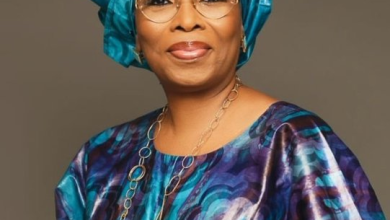
|
Getting your Trinity Audio player ready...
|
The Nigerian Senate has unveiled major steps towards inclusive, responsive governance, focusing strongly on gender equity, local government autonomy, and security reforms.
The Senate will hold public hearings across Nigeria’s six geopolitical zones on July 4 and 5, 2025, to collect citizen input on key constitutional amendments. The hearing will take place in Lagos (South-West zone), at WaterCress Hotel, Ikeja.
In a statement by Ismail Mudashir, media aide to Deputy Senate President and Chairperson of the Constitution Review Committee, Barau Jibrin, the Senate emphasised that the hearings aim to encourage civic engagement and ensure broad-based participation in reshaping Nigeria’s governance structure.
The major issues up for review are local government autonomy, creation of state and local government police, judiciary and electoral reforms, gender equity and reserved seats for women, devolution of powers, recognition of traditional institutions, and creation of additional states.
On its part, the House of Representatives is currently considering 86 prioritised bills grouped into thematic areas reflecting national concerns and citizen aspirations. These include gender and inclusive governance, state and local government policing, fiscal and judicial reforms, power devolution, and local government autonomy.
The House Committee on Constitution Review reaffirmed the House’s commitment to equity and democratic inclusiveness. Speaking during a briefing, Deputy Speaker Benjamin Kalu, who also chairs the committee, stated:
“Our committee is deeply committed to enhancing the political representation of women and addressing gender disparities. We are considering bills that would create reserved seats for women in the National and State Assemblies, promote gender balance in key commissions, and ensure inclusive leadership.”
The proposed gender bills, especially the move to constitutionally guarantee women additional legislative seats, are seen as a major breakthrough in addressing Nigeria’s persistent gender imbalance in political representation.
The hearings are designed to be more than symbolic. They are a real opportunity for the public to influence the country’s political, economic, and social governance structure. Stakeholders, civil society groups, and the general public are encouraged to attend and provide constructive feedback.






